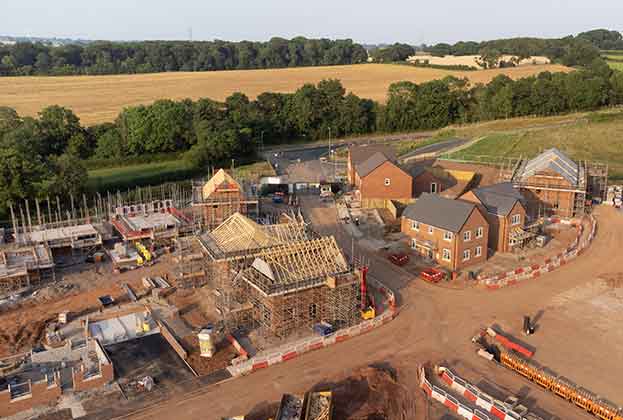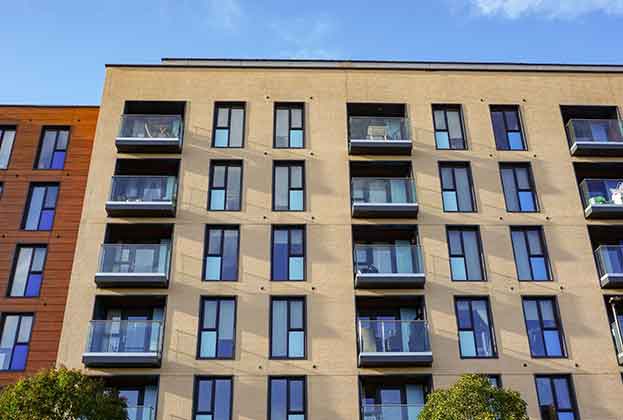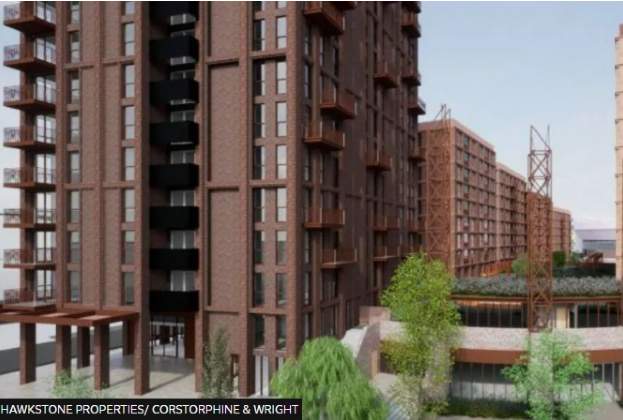The Covid-19 pandemic has seen a global shift to the home office for many and an extensive reliance upon technology to enable us to work and communicate virtually. As the world settles into this new normal, how has the pandemic impacted the plan-making process for local authorities in England?
When government guidance to ‘work from home where possible’ came into effect in March, local authority planning departments had to adapt to the new way of working. Remote working has resulted in the usual planning services such as site visits, pre-application meetings and planning committees to be halted or conducted virtually.
The Coronavirus Act was fast-tracked through parliament on 25 March, temporarily allowing councils to hold planning committees and other local authority meetings without councillors being physically present. The Ministry of Housing, Communities and Local Government (MHCLG) also issued a letter encouraging local authorities to take an ‘innovative approach’ to planning services and to ‘prioritise decision-making to ensure the planning system continues to function, especially where this will support the local economy’.
The message was clear – planning should not stop despite the challenges the pandemic presented.
On 6 August 2020, MHCLG launched a consultation on the Planning for the Future White Paper, one requirement of which is for all local authorities to have an up-to-date Local Plan in place by 2023. However, the progression of Local Plan making will likely come with its own set of unique challenges given the current situation, such as difficulties in evidence-base building and conducting consultations and public exhibitions virtually.
The evidence bases produced to support the preparation of a Local Plan were already considering a variety of challenges, such as difficulties in the retail sector and the knock-on impact on town centres, housing delivery and changing needs for business space. Covid-19 has exacerbated some of these issues and local authorities need to consider how and when to build their evidence base to avoid a skewed assessment as a result of behavioural changes in response to the pandemic, especially when it is unclear how these may change again in the future.
There are also implications for consultation. While virtual consultations have been held successfully for a number of planning applications and DCO projects, effective engagement and resourcing of such consultations for a Local Plan remain a key consideration.
In May, the Planning Inspectorate released a statement indicating that all in-person Local Plan examinations are to be suspended, with a view to explore with local authorities and programme officers how examinations can move forward virtually.
As a result, the examination of South Oxfordshire Local Plan 2011-2034 concluded on 6 August on Microsoft Teams, marking the first Local Plan to be examined virtually. The Inspector has issued the preliminary conclusions letter and has now invited the council to finalise the main modifications for consultation.
With the future continuing to hold much uncertainty, it will be interesting to see whether remote public consultations and virtual examinations will become a more permanent fixture of the planning system. It is possible that these measures may become even more prevalent as local planning authorities seek to find ways to build a sound evidence base and engage communities effectively now and in the future.
(1).jpg)



.jpg)
.jpg)
.jpg)
.jpg)
.jpg)

